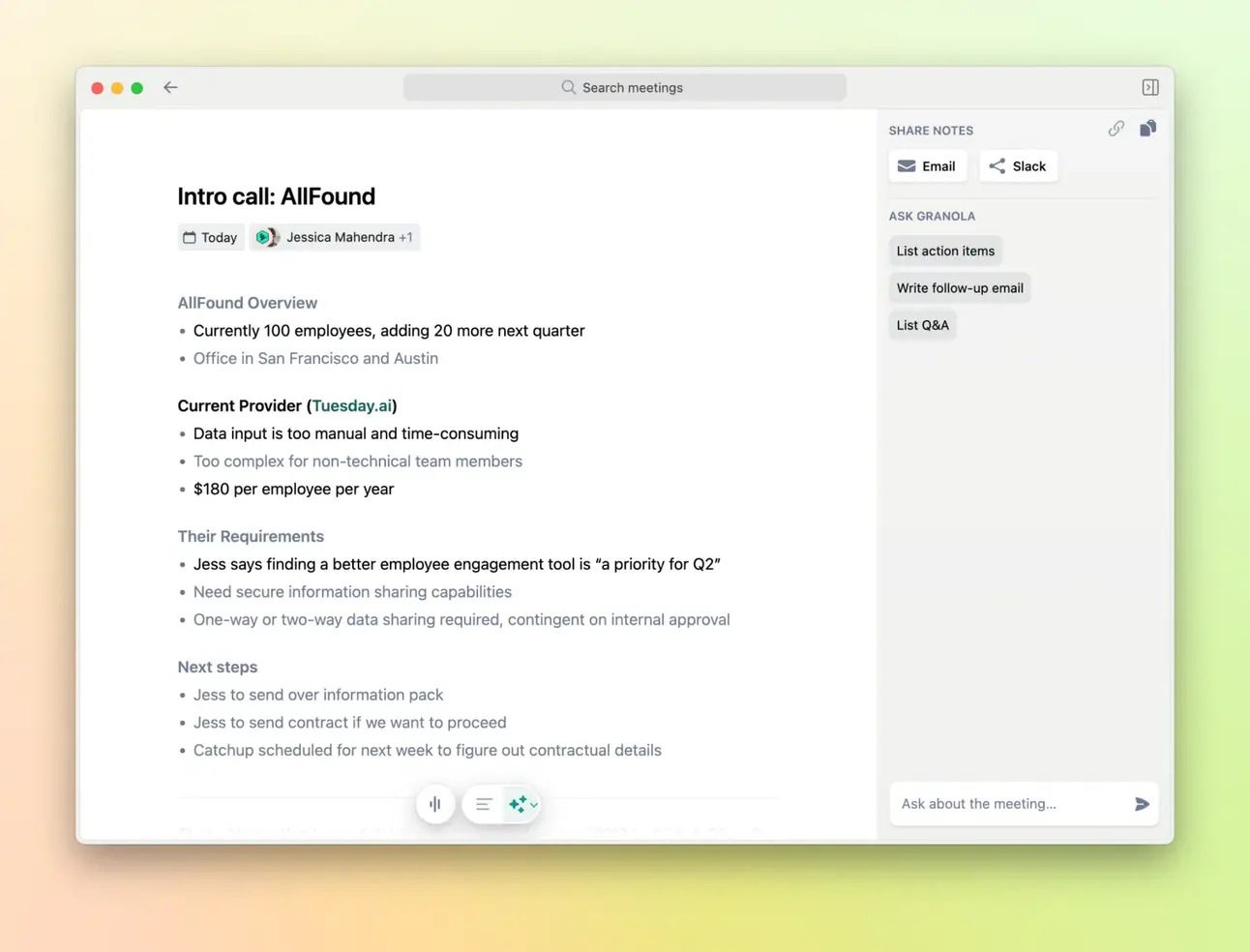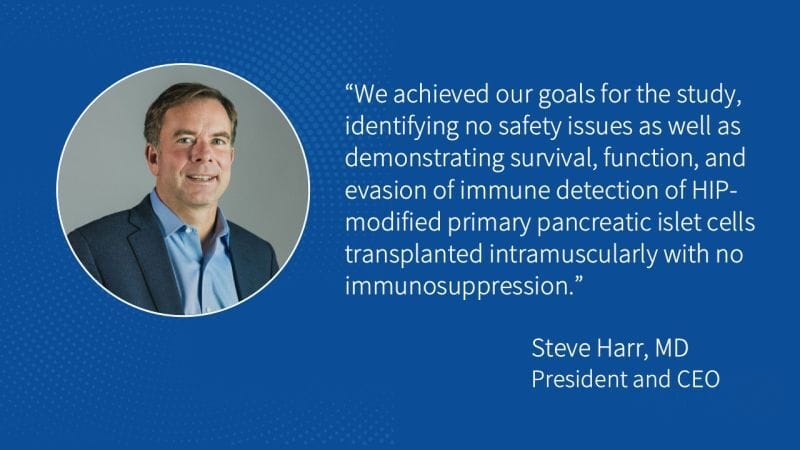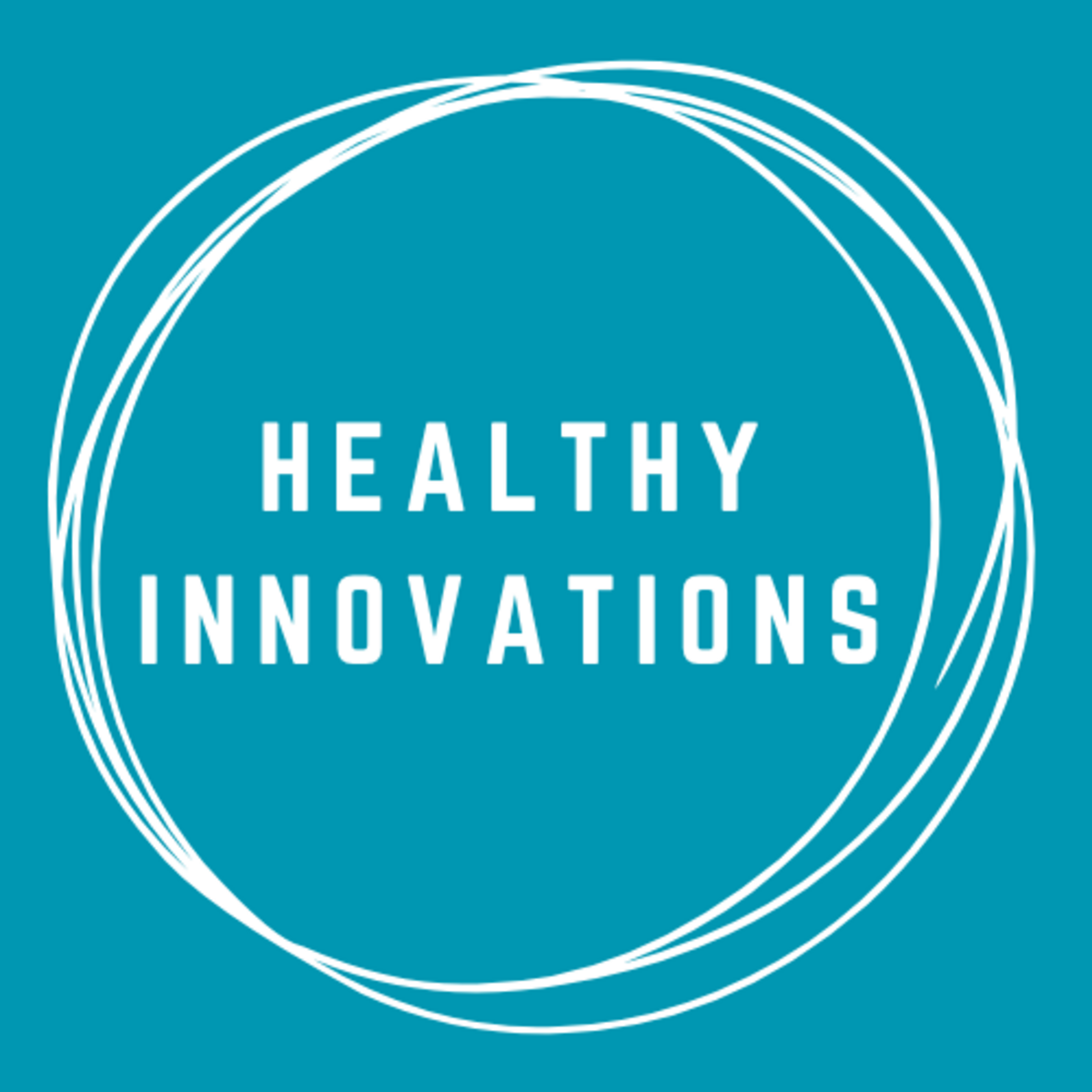Welcome back to Healthy Innovations! 👋
Healthy Innovations is the newsletter for forward-looking clinicians and healthcare business leaders who want to get to grips with the latest advances in this fast-paced industry. From AI-powered diagnostics to revolutionary gene therapies, I will highlight the fascinating breakthroughs reshaping healthcare and what this means for you, your business and the wider community.
In this issue of Healthy Innovations, we are deep diving into the crazy world of CES 2025 - the Consumer Electronics Show. CES was held in Las Vegas last week and showcased the latest gadgets across a range of sectors, including lots of exciting innovations in healthcare.
So let’s dig in!

CES serves as a platform for companies to unveil new products, technologies, and ideas, attracting manufacturers, developers, suppliers, and industry leaders from around the world.
This year’s event showcased everything from a smart bird feeder equipped with a camera to capture high-quality images of hummingbirds to a robotic cat designed to cool down hot beverages or soups by blowing air in human-like intervals.
But what about new health tech?
Health was a major focus for several tech companies at CES 2025, so let's explore some of the most noteworthy innovations that caught my attention this year.
🎧 Mind-reading music: The headphones that monitor your mental health: Meet the MW75 Neuro from Neurable, a device that takes headphones to the next level. These innovative headphones don't just deliver music - they monitor your brain's well-being using Neurable's brain-computer interface (BCI) technology. With EEG sensors discreetly built into the ear pads, you can track your focus levels and cognitive health through a simple app. When you're hitting that afternoon slump, the MW75 Neuro will suggest taking a break to help prevent burnout.
Not only do these headphones monitor your brain, but they also deliver exceptional audio quality. The MW75 Neuro seamlessly integrates neurotechnology into an everyday device, making mental well-being monitoring effortless.
***
🦮 Digital companionship: The robot dog fighting dementia: When Tom Stevens' mother was diagnosed with dementia, he faced the heartbreaking decision to take away her dog since she could no longer care for it. After trying alternatives like stuffed animals and dolls - which his mother rejected - he created Jennie, a robotic emotional support dog.
Designed by Jim Henson's Creature Shop, Jennie appears more lifelike than typical robotic dogs. The device features sophisticated sensors that enable it to respond to touch - wagging its tail and letting out endearing barks when petted. Research has shown that interacting with companion animals can reduce stress and lower blood pressure, potentially helping to reduce symptoms associated with dementia.
TomBot will launch its consumer version this year for $1,500, and I wouldn’t say no to one of these cute creatures!

***
🌡️ Hormones made simple: Your health monitor in a smartphone: Eli Health's Hormometer, which won the Best of Innovation Award in Digital Health at CES 2025, transforms hormone monitoring through smartphone technology.
The process is remarkably simple: users place a slim cartridge in their mouth for 60 seconds to collect saliva. The sample then interacts with a bioassay, creating visible test lines within 20 minutes. Using AI algorithms, the Eli app analyzes these results through your smartphone's camera with impressive accuracy - 97% for cortisol (the stress hormone affecting metabolism and immune function) and 94% for progesterone (crucial for women's reproductive health) when compared to FDA-approved lab tests.
The Hormometer will launch in January 2025 in the USA and Canada. Subscription plans start at $8 per test and require a 12-month commitment.
***
🔬 The future of skincare: L'Oréal's five-minute skin analysis: L'Oréal’s new Cell BioPrint is a revolutionary skin analysis tool that provides detailed skin assessment in just five minutes.
The tabletop device can determine three key aspects of skin health: biological skin age, responsiveness to specific ingredients like retinol, and potential future cosmetic issues before they become visible. This allows for more proactive rather than reactive skincare approaches.
The technology works through a simple process: a facial tape strip is applied to the cheek, placed in a buffer solution, and analyzed using the device's microfluidic lab-on-a-chip technology. The analysis is complemented by facial imaging and a questionnaire about skin concerns.
L'Oréal plans to pilot the Cell BioPrint in Asia later in 2025.

Image from ReadWrite
***
🪞Mirror, mirror: Withings' all-in-one health station: Withings’ Omnia is a futuristic full-length smart mirror designed to revolutionize home health monitoring. The concept addresses a common challenge - the inconvenience of regular doctor visits - by offering comprehensive 360-degree health screenings from home.
The Omnia combines a full-length mirror with an integrated scale to measure various health metrics, including ECG, heart rate, vitamin levels, muscle-to-fat ratio, weight trends, sleep quality, and activity tracking. The interactive system features both touch controls and a voice assistant interface that can communicate health insights directly to users. It could also serve as a telemedicine portal, allowing healthcare professionals to access user health data and provide remote consultations.
However, the Omnia is currently just a concept and may never become a real product, primarily due to potential cost concerns for consumers. While the complete mirror system remains in development pending clinical reviews and AI feature additions, Withings plans to release some of these features through its app later in 2025.
Innovation highlights
🧫 Spine-tingling science: Scientists have grown human spinal tissue in the lab for the first time, creating tiny structures that mimic how our spine develops in early stages. By carefully controlling chemical signals, the team produced a key tissue called the notochord - essentially the 'GPS' that guides spine formation. This breakthrough could help researchers better understand and potentially treat spinal defects and chronic back pain.
🩸 Taking PSA To task: A new blood test called EpiSwitch PSE is changing prostate cancer screening by combining PSA testing with DNA analysis. The test reduces false positives from 75% to under 10%, cutting unnecessary biopsies in half. Already available privately in the UK and covered by US insurers, this British-developed innovation could transform the early detection of prostate cancer, which affects over 55,000 men annually in the UK.
🍔 Diet's silent threat: New research reveals how high-fat, high-sugar diets can act as a "ticking time bomb" for liver cancer. UC San Diego scientists found these diets damage liver cell DNA, causing cells to enter a dormant state that can later reactivate and become cancerous. With fatty liver disease affecting 25% of US adults, this discovery highlights both the cellular impact of poor diet and potential new treatment pathways.
Cool tool
📝 Granola is an AI-powered notepad for people in back-to-back meetings. Think of it as having a smart assistant who not only takes notes alongside you but also enhances them based on the meeting's context. Unlike traditional AI transcription tools, you maintain control by writing key points while the AI elaborates and refines them. The app automatically cleans up notes, provides hyperlinked transcripts, and adapts to different meeting types (like sales calls or interviews). Perfect if you're looking to upgrade your meeting productivity in 2025.

Today on Mac
Company to watch
🧬 Sana Biotechnology is pioneering "stealth cell" technology through their Hypoimmune (HIP) platform, which engineers cells to evade immune system detection. Their recent breakthrough in type 1 diabetes showed transplanted pancreatic cells functioning without immune rejection - a first in human trials.

Beyond diabetes, their platform could revolutionize treatments for autoimmune diseases and cancer. With strong scientific leadership and $1B+ in funding, Sana is positioned to transform cell therapy in 2025.
Weird and wonderful
🐕 Move over Dr. House - the real medical detectives might have four legs! Recent research shows that dogs can detect diseases with astounding accuracy, sometimes even outperforming traditional tests. With 300 million smell receptors (compared to our mere 6 million), these canine diagnosticians can sniff out lung cancer with 99% accuracy from just breath samples. Though don't expect to see a Labrador in a white coat at your next check-up just yet!
Thank you for reading the Healthy Innovations newsletter!
Keep an eye out for next week’s issue, where I will highlight the healthcare innovations you need to know about.
Have a great week! Alison ✨

P.S. If you enjoyed reading the Healthy Innovations newsletter, please subscribe so I know the content is valuable to you!
P.P.S. Check out beehiiv (affiliate link) if one of your 2025 resolutions is to start your very own newsletter.


